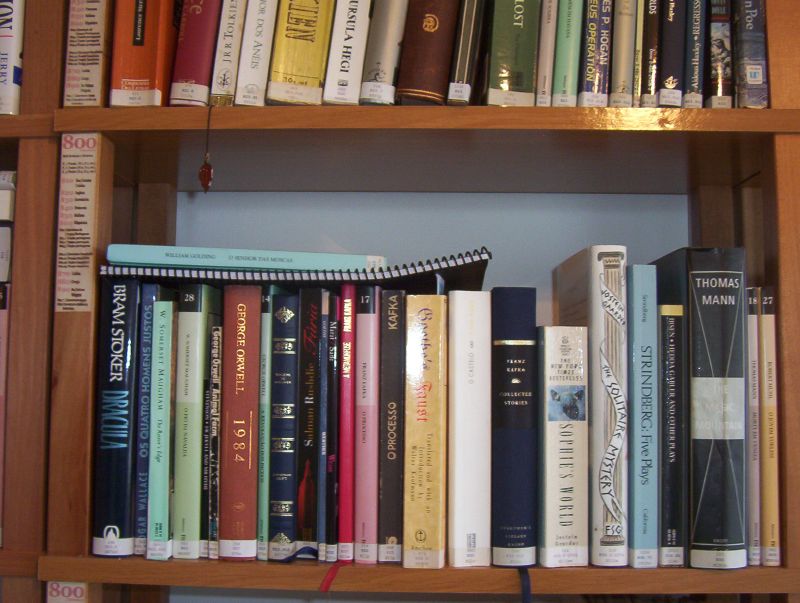In my five years as a Literature Student, I have had the privilege of crossing paths with some incredible people, and watching their stories unfold has been nothing short of fascinating. Some have switched degrees upon completion of their undergraduate education after realising their true passion was elsewhere. Others decided it was time to bid adieu after discovering that they would much rather read books in their free time, pursuing it as a hobby, removed from the constraints of the curriculum and classroom. Some simply fell out of love – the feel of cold and barren ashes in place of what was once a blazing fire in a warm hearth – and chose to move on. With this, allow me to segue towards a pressing question: what can literature students do to sustain their continued passion for the subject?
There is a famous saying in student circles that goes, “The quickest way to kill a book/text is to make it a part of a literature degree’s reading list”. I don’t entirely disagree. I can safely say that there are many once-personal favourites that I ended up loathing after discussing them in classrooms (case in point, Shakespeare’s ‘Much Ado About Nothing’). That said, the inverse is also true – there are many, many books I have returned to time and again after being mind-blown by the intricate nuances they come bearing, most of which I am likely to have missed had it not been for the conversations that powered their discovery. It appears, therefore, that there are two ways about it. Not only has studying literature shaped my relationship with certain writers and texts, but it has also redefined my understanding of the act of reading. I have begun to envision reading as an art that involves seeking meanings and metaphors squirrelled away in precious corners: under a cluster of words, in between an enjambment, or hidden in plain sight inside a chapter. Reading, for me, went from being a process to a delightful game of hide-and-seek.
Studying literature has also made me question my relationship with writing. It is inevitable. When you regularly critique the writing of others, you approach your own with a sense of new-found knowledge. I have stripped my writing of all its embellishments, and I no longer gravitate towards ornate words to cushion the fall of my thoughts on paper. While juggling the demands of creative and academic writing can be arduous, I consider my ability to switch between the two a blessing. Academic writing can be an enjoyable and creative enterprise when done right. The process of unravelling a question in the pursuit of an argument followed by carefully piecing together fragments of information to create a piece of writing that, at once, persuades and enlightens — quite an adventure, I say!
A literature degree is unique in that it unites reading, thinking, and writing. Some days, it feels non-stop haggling at a marketplace of ideas. It is a double-edged sword – with time, you either enjoy the thrill of the process or grow disenchanted with it. Literature can be an intensely private and spiritual experience or, if you choose, a communal celebration with others. How you sustain your passion ultimately depends on how you experience literature and what you want from it.
For me, studying literature has proven to be rewarding; if anything, my love of reading and writing has only grown in strength. I know that my experience might not resonate with everyone. And that, if you ask me, is the beauty of literature: no matter which angle you approach it from, there is something for everybody.
Image Credit: “820 English and 830 Germanic literature” by Helder da Rocha is licensed under CC BY-SA 2.0.

